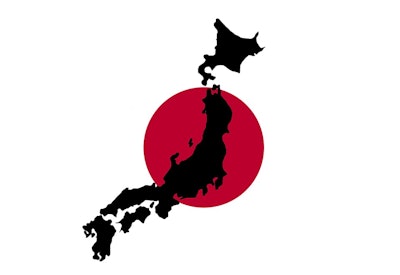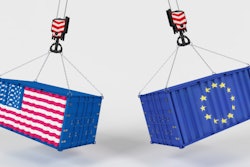
The U.S. and Japan agreed in principle on a trade deal under which Japan will slash tariffs on U.S. beef, pork and other agricultural products, while continuing to face levies on its own auto exports.
According to a report at Yahoo Finance, when the president announced the deal Sunday, he also said Japan would purchase large quantities of U.S. wheat and corn.
"The U.S. Grains Council is encouraged by the news of an agreement in principle between the U.S. and Japan on agricultural market access," says U.S. Grains Council (USGC) President and CEO Ryan LeGrand. "While there are details yet to be worked out, lowering market access barriers with one of our most valuable and loyal grain buyers is a critical win-win.
"Combined with reductions or eliminations in agricultural tariffs that coincide with those under the Comprehensive and Progressive Agreement for Trans-Pacific Partnership (CPTPP) and the EU-Japan Economic Partnership Agreement (EU-Japan EPA), a new agreement with Japan will allow our farmers a level playing field with our competitors," LeGrand continues.
LeGrand says Japan is a deeply valued trading partner for U.S. grain farmers, currently the second largest buyer of U.S. corn and a significant buyer of U.S. sorghum and U.S. barley for food and feed purposes. Japan is also a partner with which the U.S. can build a growing ethanol market.
"We look forward to reviewing the final provisions announced this weekend and continue to support the completion of a comprehensive agreement that will include the enhanced sanitary and phytosanitary, good regulatory practices and precedent-setting biotechnology provisions strengthened under the U.S.-Mexico-Canada Trade Agreement (USMCA)," he says.
U.S. Secretary of Agriculture Sonny Perdue agrees Japan is a significant market for United States agriculture exports.
"By removing existing barriers for our products, we will be able to sell more to the Japanese markets," says Perdue. "At the same time we will able to close gaps to better allow us to compete on a level playing field with our competitors."


















